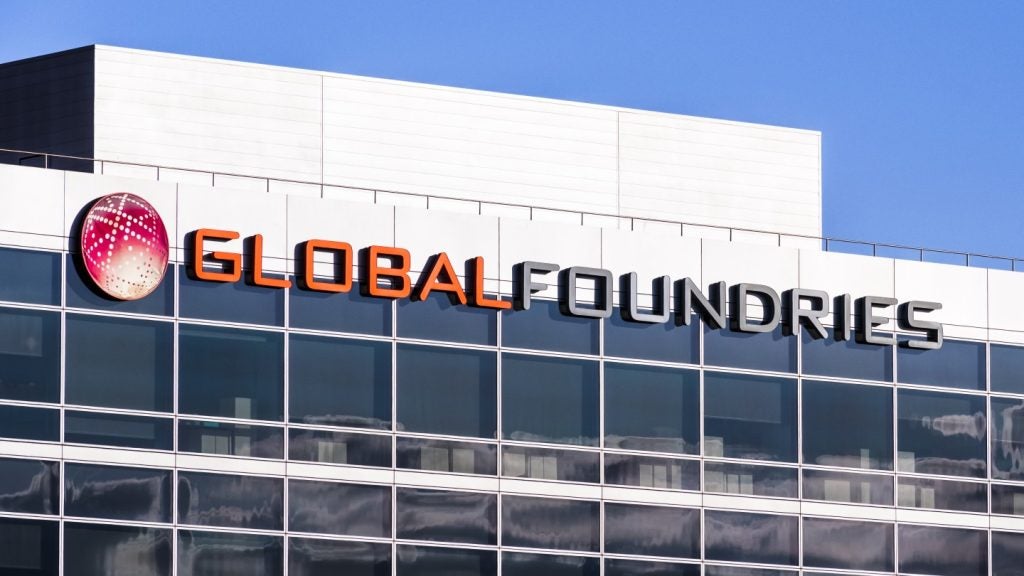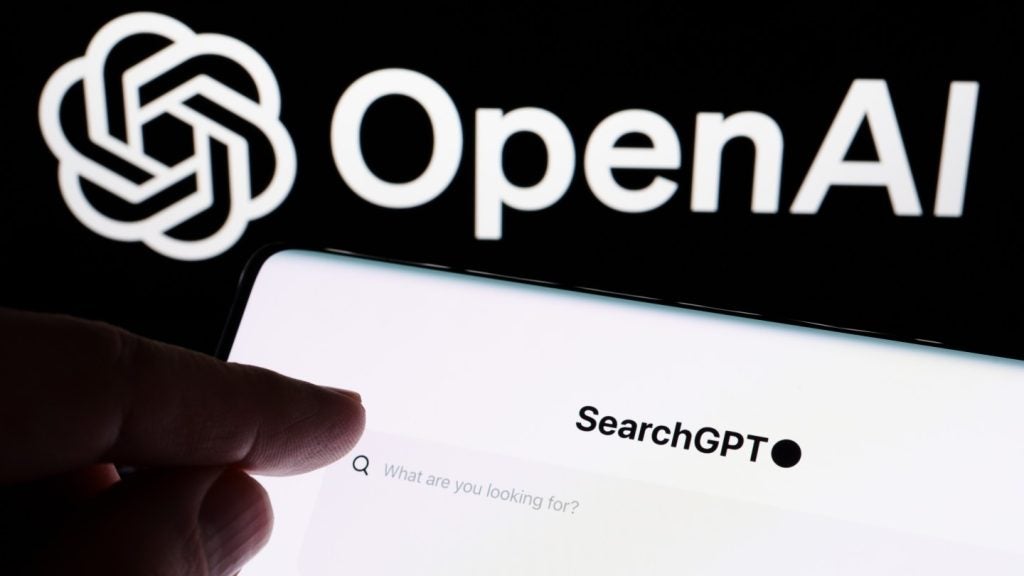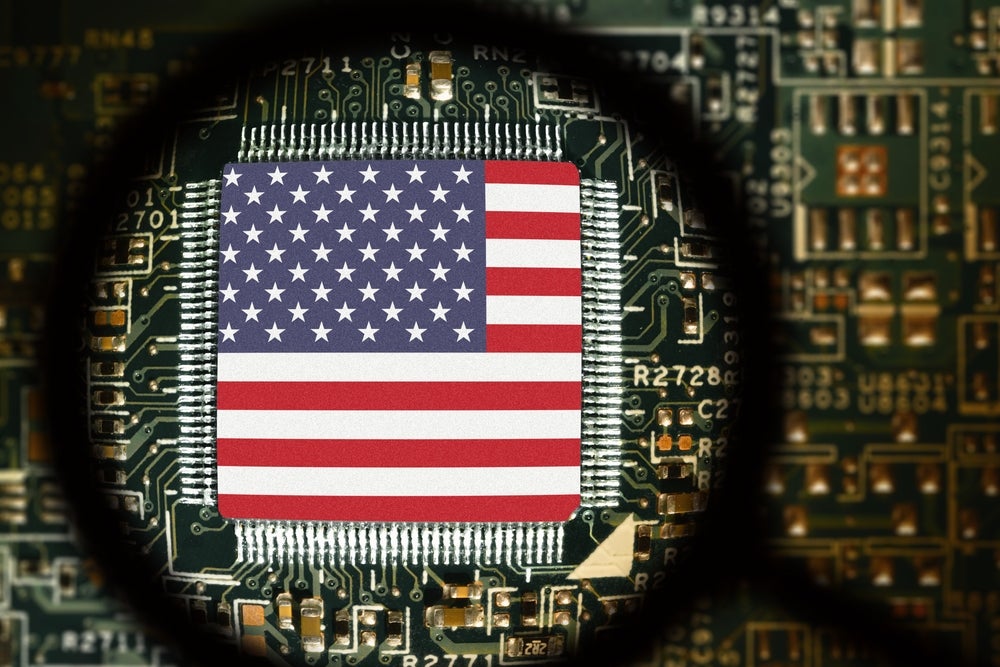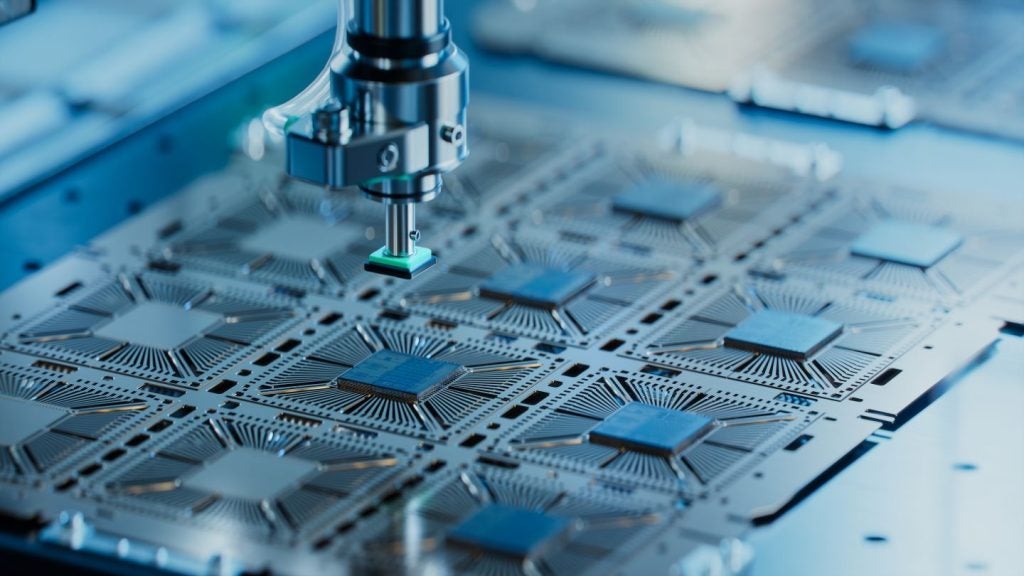Mitsubishi Electric had three patents in quantum computing during Q4 2023. Mitsubishi Electric Corp’s patent filed in Q4 2023 focuses on utilizing communication-capable devices for integrated sensing and communications systems. The invention aims to achieve energy-efficient computing by leveraging data communications to access distributed computing resources, including classical and quantum computers over networks. This approach involves offloading computationally intensive processing to networked hybrid classical-quantum computing, enabling dynamic computing graphs and automated classical-quantum machine learning for tasks such as Wi-Fi indoor monitoring and human tracking. The system also integrates classical and quantum neural networks to reduce power consumption and the number of trainable parameters, while enabling signal processing functions like denoising, filtering, and detection with hybrid classical-quantum processors over networks. GlobalData’s report on Mitsubishi Electric gives a 360-degreee view of the company including its patenting strategy. Buy the report here.
Mitsubishi Electric grant share with quantum computing as a theme is 33% in Q4 2023. Grant share is based on the ratio of number of grants to total number of patents.
Recent Patents
Application: Integrated sensing and communications empowered by networked hybrid quantum-classical machine learning (Patent ID: US20230368065A1)
The patent filed by Mitsubishi Electric Corp. describes a system and method for integrated sensing and communications using communication-capable devices like Wi-Fi devices. The invention focuses on energy-efficient computing by leveraging data communications to access distributed classical and quantum computing resources over networks. By offloading computationally intensive processing to networked hybrid classical-quantum computing, dynamic computing graphs are built. The system includes classical and quantum computing processors, a controller to generate computing graphs, and memory banks storing computing methods for data communications, machine learning, and environment sensing. The method involves exchanging data, adjusting parameters, and updating data in memory banks for Wi-Fi indoor monitoring and human tracking, reducing power consumption and trainable parameters by integrating classical and quantum neural networks, and realizing signal processing like denoising, filtering, and detection with hybrid classical-quantum processors over networks.
The claims detail the components and operations of the system, including communication links, classical and quantum computing processors, memory banks, and controllers to generate computing graphs. The system is adaptable to various communication link configurations and types, classical computing processor types, and quantum computing processor types. The quantum computing processor includes modules for state preparation, evolution, and measurement. The computing methods are based on various algorithms for signal processing, machine learning, and environment sensing. The method involves exchanging data, distributing sub-instructions, constructing computing graphs, adjusting parameters, and modifying data based on the computing graphs. The method also includes adjusting trainable and variational parameters using various optimization algorithms, encoding, decoding, modulating, demodulating, and other signal processing operations, and estimating environmental states based on data related to behavior, poses, motions, and locations of objects.
To know more about GlobalData’s detailed insights on Mitsubishi Electric, buy the report here.
Data Insights
From

The gold standard of business intelligence.
Blending expert knowledge with cutting-edge technology, GlobalData’s unrivalled proprietary data will enable you to decode what’s happening in your market. You can make better informed decisions and gain a future-proof advantage over your competitors.







